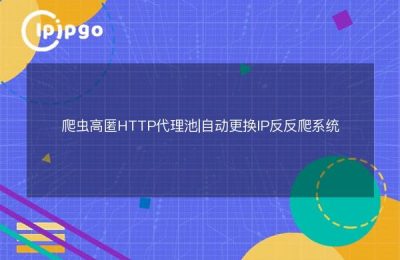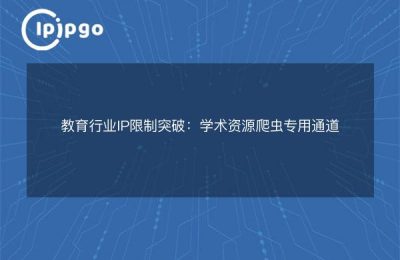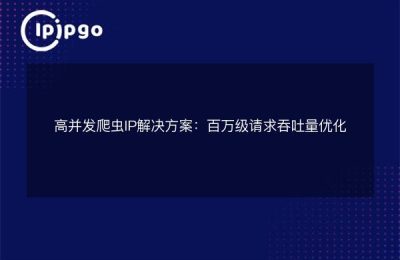
Use and Benefits of Web Crawler Agents
Nowadays, the Internet has become an indispensable part of our lives. And in this vast and boundless network world, there is a group of magical existence, they are web crawlers. Web crawlers can automatically browse and extract information from the Internet, helping people to quickly filter out the information they need from the huge amount of data. And when using web crawlers, an important issue is how to improve the crawling efficiency and accuracy. In this article, we will discuss the use and advantages of web crawler agents.
Basic Concepts of Proxies
Before discussing web crawler proxies, you first need to understand the basic concept of a proxy. Simply put, a proxy is a kind of role that acts as an intermediary, which serves as a medium between the user and the target server, realizing the user's request forwarding and response delivery. Through the use of proxies, users can hide their real IP address and change the source address of the request, thus realizing some special functions.
Use of Web Crawler Agents
IP blocking issues
When using web crawlers, you often encounter the problem of IP blocking. Some websites block requests from a certain IP address in order to prevent malicious access by crawlers. If you use a fixed IP address for crawling, it is easy to be blocked and unable to get the required data. And the use of proxies can be a good solution to this problem. By using a different proxy IP address and changing the "identity" of each request, you can avoid the risk of being blocked.
distributed crawling
Another advantage of web crawler agents is that they enable distributed crawling. In the process of web crawling, a large number of requests usually need to be handled, and concurrent performance is a key consideration. Using a proxy can distribute the task to multiple proxies and realize concurrent crawling of multiple web pages, which greatly improves the crawling efficiency. At the same time, since different proxy IP addresses access the same target server, it can reduce the access pressure on the server and reduce the risk of being blocked.
code example
A simple example code showing how to use a proxy for web crawling is given below:
import requests
# Define proxy IP list
proxies = [
{'http': 'http://121.35.246.30:80'},
{'http': 'http://36.25.114.40:80'},
{'http': 'http://219.159.38.200:56210'}
]
# Randomly select a proxy IP address
proxy = random.choice(proxies)
# Set the proxy parameters
proxies = {
'http': proxy['http'],
'https': proxy['http']
}
# Send request
response = requests.get('http://www.example.com', proxies=proxies)
# Process the response
print(response.text)With the above code, we can use proxy IP addresses for web crawling to improve the efficiency and stability of crawling. Of course, in practice, we also need to use some proxy IP pooling techniques, as well as the strategy of changing proxy IP addresses at regular intervals to cope with IP blocking and limiting the frequency of access.
summarize
The use of web crawler agents plays an important role in improving crawling efficiency and accuracy. It can avoid the problem of IP blocking and realize distributed crawling, thus improving crawling efficiency. Of course, in the use of agents should also pay attention to legal compliance, to comply with the network crawling related regulations and laws and regulations. I believe that with the progress of technology and application of the depth of the web crawler agent will play a more important role in the future development.








